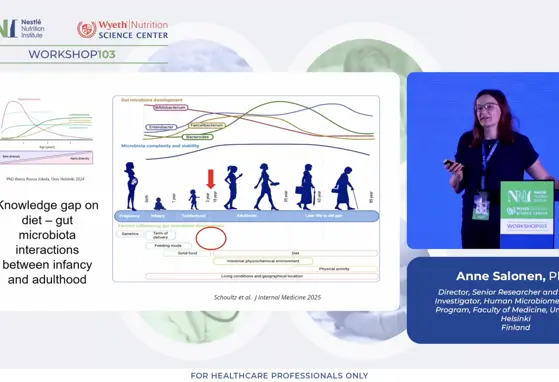Nutrition in pregnancy and outcome
2 min read
/
Growth & Development
Low Birth Weight
Nutritional status of pregnant women is not sufficiently known in Madagscar. From July 2005 to March 2006, a prospective cohort study was undertaken in the rural medical district of Fianarantsoa II with the aim of evaluationg the nutritional status of pregnanat women and their newborn. One hundred ninety nine prepgnant women form 18 to 35 years old have been recruited during their first early prenatal visits and followed until childbirth.
The prevalence of weight insufficiency (BMI<18,5kg/m2) at the beginning of pregnancy is 13%. Average weight gain (±Standard Deviation) during the pregnancy as estimated by difference between weight in the first early prenatal visits and weight in the last prenatal visits before childbirth is 3,5kg (±1,7). Gain is very low and no woman shows weight gain which corresponds to the international recommendations. Ten percent of babies have a low birth weight. Number of followed prenatal visits is significantly linked with the weight gain during pregnancy OR (IC=95%) = 2,3 (1,2-4,3). Birth weight is also significantly associated with mother’s BMI (p=0,004) and with weight gain during the pregnancy (p=0,003).
Nutritional status of pregnant women in rural area remains a great concern. Problem resolution relies on interventions at all stages of woman life including fetal life.
If you liked this post you may also like

Mindful Microbes: The Interplay Between Environment, Gut Microbiome, Brain, and Behavior
Mindful Microbes: The Interplay Between Environment, Gut Microbiome, Brain, and Behavior

Exploring the Crosstalk: Nutrition, Microbiome, and Cardiometabolic Health
Exploring the Crosstalk: Nutrition, Microbiome, and Cardiometabolic Health

Guiding the Growing Gut: Microbiome and the Digestive Development of Children
Guiding the Growing Gut: Microbiome and the Digestive Development of Children

Nourishing the Microbiome at Preschool age: Dietary influences from infancy to present
Nourishing the Microbiome at Preschool age: Dietary influences from infancy to present